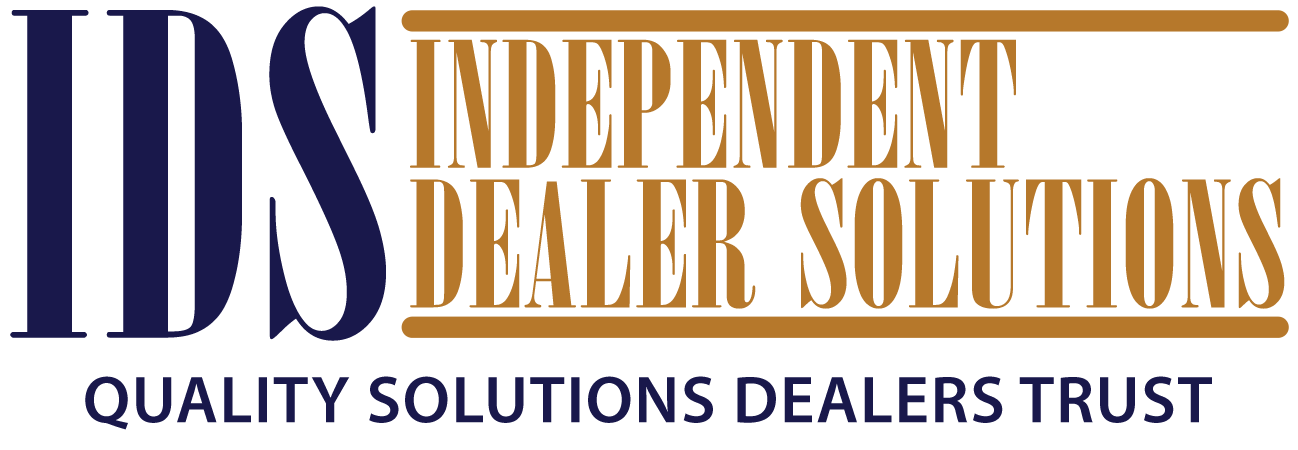COVID-19 Resources & Updates
The Used Car Dealers of Utah is working with local organizations, and government to provide updated information on the COVID-19 Pandemic. Below are resources that you can utilize in your organization, regarding safety for employees and customers, and financial assistance for your business.
State of Utah Resources
As outlined on coronavirus.utah.gov …
The Utah Leads Together economic response plan recognizes the value of facing uncertainty with a dynamic, data-informed, and unified plan. It gives structure and order, to what can otherwise be an unclear and difficult reality.
The plan conveys three phases of response: urgent, stabilization, and recovery. These phases help businesses correctly balance the health of employees with planning imperatives necessary for continuing operations. You can read the whole plan and a summary of the first phase on the Resources for Business page.
We appreciate the Governors work on this important issue and his willingness to include the community in this project.
Financial & Employee Resources
Utah Bankers Association Resource Page - New PPP Application now available here.
SBA - Coronavirus Small Business Guidance and Loan Assistance
COVID-19 Stimulus Bill: What It Means for States (National Conference of State Legislatures)
Federal Legislative & Regulatory Updates
Small Business Administration Economic Recovery Loans Summary
Small Business Administration Economic Injury Disaster Loans Presentation
Federal Government Guidance to Implement Coronavirus Related Paid Leave
COVID19 Disease Information Resources
Workforce Services & Employer Information
Before considering closures or layoffs for your business, please visit our Rapid Response page for guidance and more information on Pre-Layoff Services.
Remote Work: I.T. Considerations for Your Home Office (webinar) March 27, 2020
Office of Child Care
World Health Organization Resources
COVID-19 Statistics
(From the Utah Department of Health)
Health Department Guidelines:
I know these are uncertain times of economic challenges, and as an employer, Utahns need your help to reduce the spread of the COVID-19 virus through encouraging “social distancing” in the workplace. Social distancing means to stay away from others as much as possible, whether you are sick or not. Social distancing is important because it slows the spread of COVID-19 in our communities.
This concept may seem at-odds with operating a business, but I would like to provide you with some specific, actionable steps you can take to encourage social distancing in your business.
What businesses can do:
Try not to have more than 10 people in waiting rooms.
Consider adjusting operations so you are not accepting appointments that allow more than 10 people in shared spaces.
Rearrange your waiting room so chairs are placed at least six feet apart.
In environments where people typically stand in lines, place markers spaced six feet apart for people to stand.
Consider using drive-through options or scheduling appointments in advance to limit the number of people who come inside your business at one time to fewer than 10.
Consider using credit cards instead of cash. Most credit card transactions do not require cards or receipts to exchange hands. It is a good idea to have hand sanitizer available for customers to use after paying for their goods.
Cleaning tips:
Clean surfaces that are touched often (e.g., doorknobs, light switches, toilet handles, sink handles, countertops) with EPA-recommended products.
Make sure enough soap, paper towels, tissues, and hand sanitizer are available for employees and customers.
For surfaces used often (e.g. keyboards, desks, remote controls), employees can also use disposable wipes to clean surfaces before each use. If disposable wipes are used, it is important to remind staff to throw them away right after they use them.
Tips for staff:
Encourage staff who are sick to stay home, and as management, be supportive of their decision.
Provide paid time off for employees who are unable to work due to illness.
When employees are ready to return to work after their illness, typically 72 hours after their symptoms have significantly improved and at least seven days after symptoms began, do not require them to have a doctor’s note. This puts unnecessary stress on the health care system.
Conduct staff meetings or other gatherings virtually or by email.
Encourage staff to avoid shaking hands.
Proper handwashing is the most important way to stop the spread of illness.
Increase proper hand washing and good hygiene education for staff.
Staff should wash their hands often, especially before eating, after going to the bathroom, and after touching shared surfaces.
Encourage staff not to touch their mouth or eyes with their hands.
Encourage staff to cover coughs and sneezes with a tissue or an elbow.
Encourage staff not to share food or drink from the same cup or bottle as someone else.


